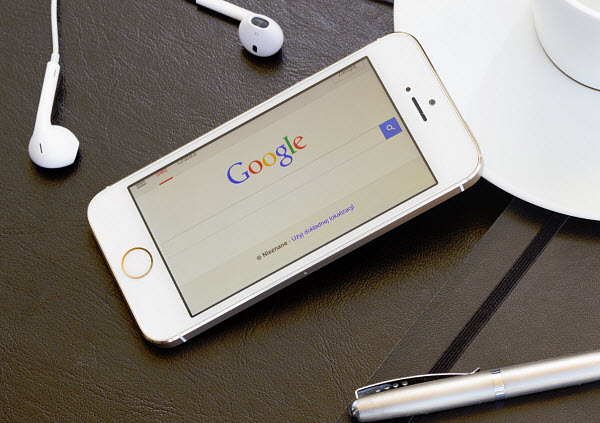The company’s quarterly results have revealed that it has yet to master this advertising channel.
Although Google has proudly held its position as central and key to online advertising as a whole, when it comes to mobile marketing, specifically, it is becoming increasingly clear that the search engine is having a hard time spanning the gap to the smaller screen.
Although consumers may be using their smartphones and tablets on an increasing basis, advertising to them is difficult.
Mobile marketing is not simply a matter of the same traditional digital advertising, only on a smaller screen. Formats that were used over desktops are providing an entirely different experience for smartphone and tablet users, and it’s not one that they like. The screen size restrictions and touch screens mean that old ads simply don’t carry over to the new devices. That said, Google has not yet been able to figure out exactly how to make its ad business shine as it has done for the desktop and laptop channel.
This has meant that Google is less capable of charging the same type of premiums for its mobile marketing ads.
 While this has been suspected for some time now, the recent release of the company’s earnings has only underscored the struggles that the company is facing as a result of this problem. The cost per click (the amount that an advertiser pays every time an ad is clicked) fell by 6 percent in the quarter that closed in June, when compared to the same quarter in 2013. This has been blamed on the increasing shift toward mobile advertising.
While this has been suspected for some time now, the recent release of the company’s earnings has only underscored the struggles that the company is facing as a result of this problem. The cost per click (the amount that an advertiser pays every time an ad is clicked) fell by 6 percent in the quarter that closed in June, when compared to the same quarter in 2013. This has been blamed on the increasing shift toward mobile advertising.
The decline in the ad prices was only the latest in an overall two year trend in that direction for Google. That said, further analysis was not made possible based on the released data as Google does not provide a breakdown of ad revenue based on desktop versus mobile channels.
Google is not alone in its struggle to break through the mobile marketing challenge and come out shining. Nearly all of the major players have found that the transition to multichannel marketing that will appeal to various forms of device user has involved quite the bumpy road and that the various gadgets and screen sizes are presenting far different requirements than had been initially expected.

 Internet giant Google has settled with the FTC (Federal Trade Commission) in regards to its antitrust lawsuit that allows smaller players in the mobile industry access to mobile patents. The move is said to lower the amount of suits related to patent holders.
Internet giant Google has settled with the FTC (Federal Trade Commission) in regards to its antitrust lawsuit that allows smaller players in the mobile industry access to mobile patents. The move is said to lower the amount of suits related to patent holders.